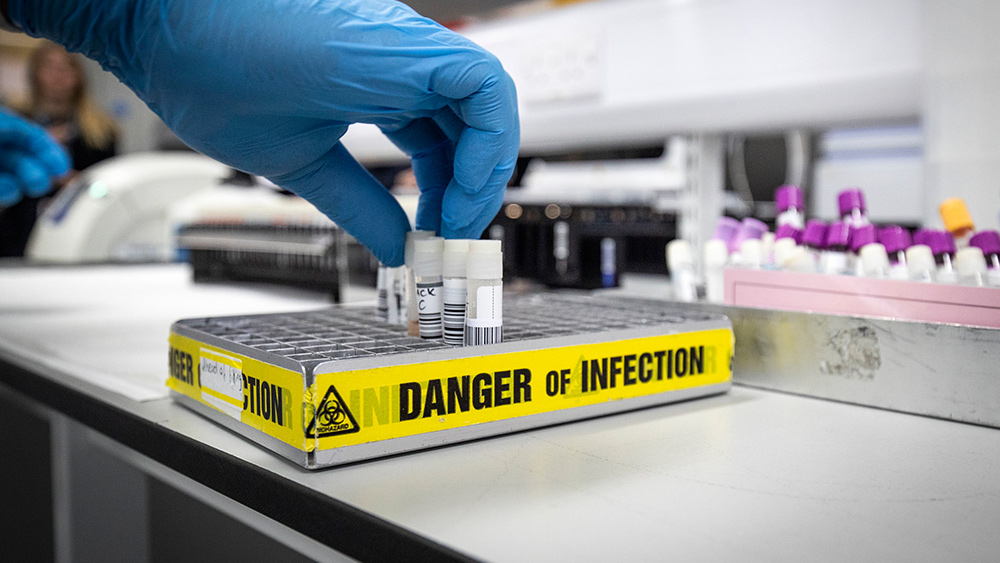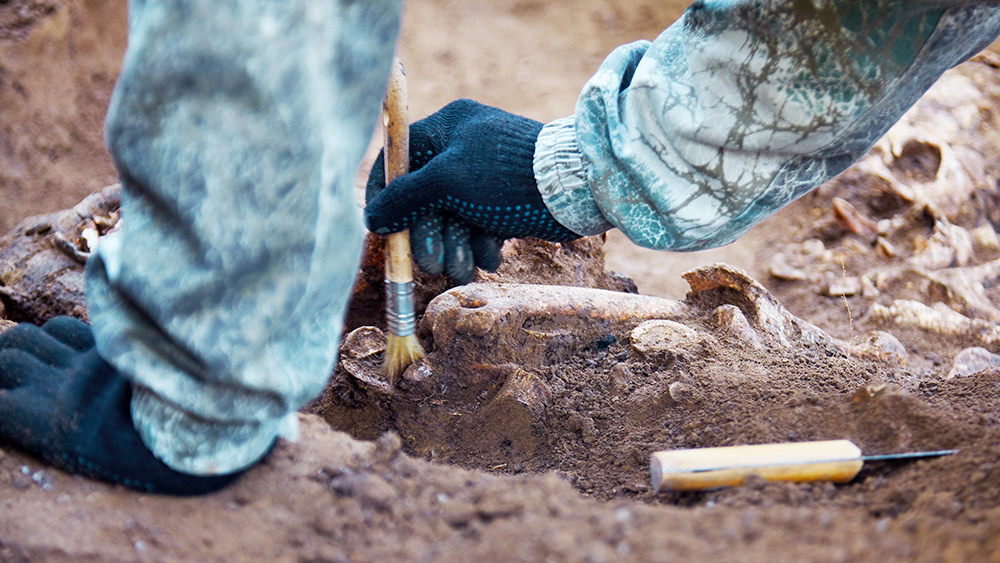
A groundbreaking study carried out by researchers in Israel has found that the immunity acquired through recovery from a COVID-19 infection, or natural immunity, is superior to that provided by the two-dose Pfizer vaccine currently being pushed on the masses by governments around the world.
The study, which was conducted by researchers at Tel Aviv University and Maccabi Healthcare, is considered the biggest real-world observational study so far comparing natural immunity to that offered by vaccines. It compared the outcomes of more than 76,000 Israelis who fell into one of three categories: doubly vaccinated with the Pfizer vaccine, previously infected with a single vaccine dose, and previously infected but completely unvaccinated.
According to their study, individuals who were fully vaccinated but had not been previously infected were significantly more likely to experience a breakthrough COVID-19 infection than those who had been infected previously and then recovered from the illness. In addition, those who had recovered from COVID-19 but had not been vaccinated were far less likely than never-infected, vaccinated individuals to develop symptoms of the Delta variant or be hospitalized with serious COVID-19.
Although this study is currently in preprint and has not yet been peer reviewed, some infectious disease experts, such as Professor Francois Balloux of University College London, have called it a “bombshell” report. It is good news for those who have already successfully fought the disease, but it also illustrates the problems of relying exclusively on vaccines to get past the pandemic.
According to the study, people who got both doses of the Pfizer vaccine were nearly sixfold more likely to contract the delta variant of COVID-19 and sevenfold more likely to get symptomatic COVID-19 then those who had it and recovered.
The researchers stated: “This analysis demonstrated that natural immunity affords longer lasting and stronger protection against infection, symptomatic disease and hospitalization due to the delta variant.”
Swedish immunology researcher and physician Charlotte Thalin told Science Magazine that this is a “textbook example of how natural immunity is really better than vaccination.”
She added: “To my knowledge, it’s the first time [this] has really been shown in the context of Covid-19.”
Will this study get the publicity it deserves?
It won't be surprising if the mainstream media continues to ignore this story. After all, it flies in the face of the current global COVID-19 policy, which seems to be vaccinating anyone and everyone as many times as they can be convinced to line up for a shot.
In particular, it could present a serious challenge to the emphasis on requiring vaccine passports to travel and attend large public events. After all, if unvaccinated people who have recovered from the disease are at less of a risk than those who have received the vaccines, there is no scientific basis to shut them out of society. Of course, the concept of vaccine passports is already a highly questionable one for many reasons, not the least of which is the fact that people who have been vaccinated can be infected again and infect those around them, which means these documents are essentially useless when it comes to "proving" that a person is not at risk of passing on the disease to others.
To be clear, this study does not mean that people should start holding infection parties the way they once did for diseases like measles or chicken pox. However, it does indicate that people who have previously been infected have greater protection from the disease than many vaccine mandates and passport requirements currently acknowledge. In many places, vaccine mandates do not currently exempt those who have had previous infections, even though those individuals may well be enjoying better protection than those who got the jab.
Sources for this article include:
Please contact us for more information.




















